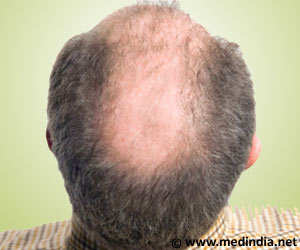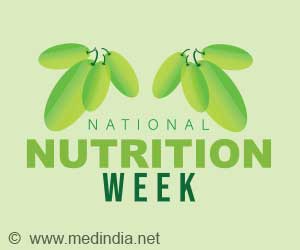More Cardio, Less Fat? Think Again! For effective fat loss, combine cardio with strength training, eat smart, rest well, and embrace healthy habits. Say goodbye to the downsides of excessive cardio!
- Cardio exercises are important but not the only key to weight loss
- Cardio mainly burns calories while you're doing the exercise
- For healthy weight loss, incorporate strength training along with cardio, follow a balanced diet, and prioritize rest
- Focus on sustainable lifestyle habits for long-term success
When it comes to fat loss, most people are looking for that one simple solution, expecting quick results like a magic fix. The truth is, fat loss is about building a collection of simple, effective habits that, over time, lead to real body transformation.
Is Cardio the Secret to Weight Loss?
Cardio exercises like walking, running, and cycling are popular for weight loss, but are they the only way to achieve your weight loss goals?The surprising truth is that cardio, especially long sessions in the "fat-burning zone," isn’t actually ideal for weight loss, despite what we’ve always been told (1✔ ✔Trusted Source
Is the Fat-Burning Zone a Real Thing?
Go to source).
Burn Calories, Crave More: The Cardio Effect
Long cardio sessions can burn calories, but they also make you very hungry. A drop in blood sugar after cardio often leaves us craving quick fixes, and in that "starving" state, we might eat enough extra calories to undo all the effort we just put in.Cardio Workouts: A Fast Track to Injury
Running or doing high-impact cardio for an hour or more each day can lead to injuries like muscle strains, tendonitis, joint pain, or even stress fractures.Cardio puts a lot of strain on your body but doesn’t build much muscle to support your bones and joints, making injuries more likely. Overtraining is a fast track to getting hurt—and once injured, you’ll be sidelined from cardio until you recover.
Diet Over Cardio: The Secret to Weight Loss
Cardio exercises can help burn calories, a healthy diet plays a more significant role in sustainable weight loss. Focusing on portion control, nutrient-rich foods, and creating a calorie deficit through diet ensures more effective fat loss. While cardio is great for burning calories in the short term, a balanced diet helps regulate metabolism, preserve muscle mass, and maintain long-term results, making it the key factor for lasting weight loss.Too Much Cardio = Too Much Cortisol (Stress Hormone)
Prolonged endurance exercise (like chronic cardio) is a form of stress on the body, just like any other workout. When we're stressed, cortisol levels go up.Cortisol isn’t bad—it’s needed in some situations, like when we're in danger. But if it stays high too long, like from too much exercise, it harms our bodies. It can break down muscle since cortisol is a catabolic hormone, and high levels make it harder to build or keep muscle. It also messes with estrogen and testosterone, making fat loss harder and causing more belly fat.
Cardio Sessions: Fat Burner, Not Muscle Builder
Excessive cardio without strength training can lead to muscle loss. Since muscles boost your metabolism, losing muscle can make it harder to burn fat in the long term.Relying too much on cardio for weight loss can actually hinder muscle growth and even break down muscle tissue. Losing muscle lowers your resting metabolic rate (RMR), meaning you burn fewer calories at rest. To compensate, you’d need to eat even fewer calories or exercise more, which makes fat loss harder.
Cardio is great for heart health, but it's not the best for fat loss (2✔ ✔Trusted Source
3 Ways to Improve Your Fat-Burning Workout Plan
Go to source). For effective fat loss, focus on your diet to create a calorie deficit. Also, do resistance training 3-4 times a week to preserve and build muscle while dieting.
Cardio + Strength = Ultimate Fat Loss
A more efficient fat-loss plan blends cardio with strength training, a balanced diet, adequate rest, and lasting lifestyle changes. This method delivers better results without the downsides of too much cardio (3✔ ✔Trusted SourceFasted cardio is an attempt to burn stored fat
Go to source).
References:
- Is the Fat-Burning Zone a Real Thing? - (https://www.aarp.org/health/healthy-living/info-2023/the-truth-about-the-fat-burning-zone.html)
- 3 Ways to Improve Your Fat-Burning Workout Plan - (https://www.houstonmethodist.org/blog/articles/2020/feb/3-ways-to-improve-your-fat-burning-workout-plan/)
- Fasted cardio is an attempt to burn stored fat - (https://www.uclahealth.org/news/article/fasted-cardio-is-an-attempt-to-burn-stored-fat)
Source-Medindia
















